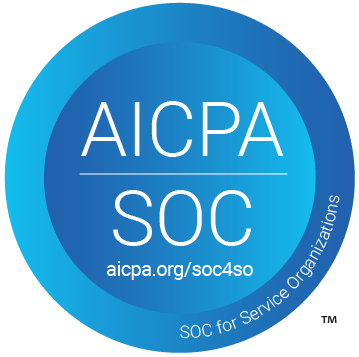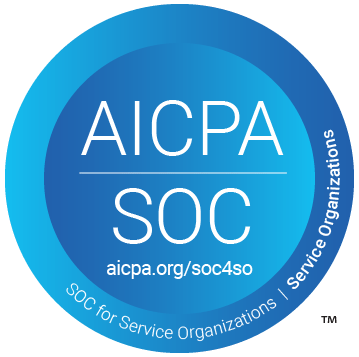Tired of manually creating Google Calendar event for new Avaza task?
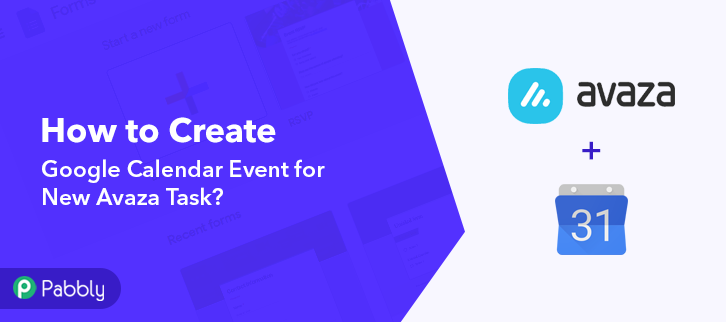
If yes then worry not as I’m going to tell you, how to integrate Avaza with Google Calendar and automate tasks within a few minutes. You must be aware that there is no direct integration between these two services. So, we’ll be using Pabbly Connect to achieve this automation.
So, basically, Pabbly Connect is integration & automation software that lets you transfer data among multiple applications in real-time.
Most importantly, you don’t have to do any hard coding & even a fresher can use it efficiently. Also, this procedure will be just a one-time setup & after that, the workflow will take care of rest.
Why Choose This Method Of Integration?
In contrast with other integration services-
- Pabbly Connect does not charge you for its in-built apps like filters, Iterator, Router, Data transformer, and more
- Create “Unlimited Workflows” and smoothly define multiple tasks for each action
- As compared to other services which offer 750 tasks at $24.99, Pabbly Connect offers 50000 tasks in the starter plan of $29 itself
- Unlike Zapier, there’s no restriction on features. Get access to advanced features even in the basic plan
- Try before you buy! Before spending your money, you can actually signup & try out the working of Pabbly Connect for FREE
But, before jumping directly on the procedure first, let’s learn a bit about the services. Avaza is a productive platform to collaborate on projects, schedule resources, track time, manage expenses & create invoices. Whereas, Google Calendar is a time-management and scheduling calendar service developed by Google.
Consequently, once you’re done setting up this workflow your events will be created automatically in your Google Calendar whenever there is a new task created in Avaza.
Additionally, we’ve embedded a video tutorial for this integration. So, have a look at it by yourself –
Besides, we have added the template for this integration to help you get started more quickly. You can click on the image given below to get started. Additionally, you can also visit the Marketplace & look for more integrations and apps.
So, get ready as we’re going to discover the Avaza and Google Calendar integration.
Step 1: Sign up to Pabbly Connect
To create Google Calendar event for new Avaza task first, visit the Pabbly Connect website & hit the ‘Sign-Up Free‘ button. Next on the registration page that opens subsequently either use your existing Gmail account or manually fill the registration form to signup.
Try Pabbly Connect for FREE
Next, after logging into the account, click on the ‘Access Now’ button as shown in the above image. Start with creating a workflow to add an event on Google Calendar for every new Avaza task & to do this push the ‘Create Workflow’ button first. Now, name the workflow as per your need (for instance: Avaza Task to Google Calendar Event) and push the ‘Create’ button available here. To automatically add Google Calendar event for the newly added Avaza tasks, you’ll need to set-up a trigger using Pabbly Connect. When you click on the create button to generate the workflow, a page containing the trigger window will open next. Select the ‘Avaza’ app from the ‘Choose App’ field drop-down options and in the ‘Trigger Event’ section select ‘New Task’. After choosing the app, click on the given ‘Connect with Avaza’ button. To connect Avaza to Pabbly Connect, you have to paste the ‘Personal Access Token’ from your Avaza account to Pabbly Connect. To get the personal access token, log in to your Avaza account. Click on the ‘Settings’ option in your Avaza dashboard and then select the ‘Manage Developer Apps’ option. Now, click on the given ‘Add Personal Access Token’ button. Next, name the token according to your requirements and check on all the access scopes options. After making all these changes click on the ‘Save’ button. Simply copy the given personal access token. In this step, paste the copied personal access token in Pabbly Connect and hit the ‘Save’ button. Here, we will get a webhook URL, to set this webhook URL in your Avaza account to transfer the data we will click on the ‘Save & Send Test Request Button’. To check whether this integration is working or not, we will add a dummy task in our Avaza account. To create a new task, click on the ‘Projects’ option in your Avaza dashboard and then select ‘All Projects’ option. Here, we will select any of the listed projects in which we wish to create tasks. Now simply click on the ‘Add Task’ button to add a dummy task. Next, you need to name your task and in the ‘Assigned to’ section select Pabbly Connect. You can fill the title and description according to your needs then select the date of your task. Select the priority of your task and then hit the ‘Save’ button. But before hitting the button, click on the ‘Capture Webhook Response’ button in Pabbly Connect. Once you click on the ‘Save’ in Avaza, the task info will appear on the Pabbly Connect dashboard. Then, click on the ‘Save’ button. To make this Avaza-Google Calendar integration work, you have to choose an action for your trigger. Now in this step, click on the ‘+’ button below and choose the application that you want to integrate. Here we will choose ‘Google Calendar’ to integrate and in the method section select ‘Create an Event’. After choosing the application click on the ‘Connect with Google Calendar’ button to move forward. To connect Google Calendar to Pabbly Connect, you have to authenticate your Google account. For that, you need to log in to your Google Account. To authorize the application, again click on the ‘Connect with Google Calendar’ button and then select the Google account through which you want to integrate the application. After connecting with your Google account, map all the fields quickly like the calendar, title, etc. Once you are done adding up all field data click on the ‘Save & Send Test Request’ button. In the end, when you check your Google Calendar, the event has been created automatically. All in all, this was all about ‘How to Create Google Calendar Event for New Avaza Task’. Consequently, after completing the step by step procedure, you will end up auto-creating events in Google Calendar for every new Avaza task. However, in the meantime go and try Pabbly Connect for FREE with all its premium features. Also, do comment us your queries in the section given below.Step 2: Access Pabbly Connect
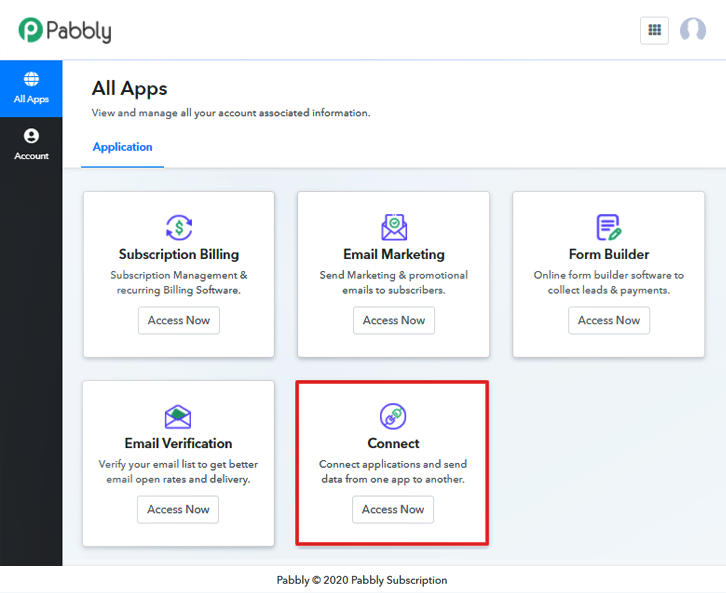
Step 3: Workflow for Avaza to Google Calendar Integration
(a) Start with a New Workflow
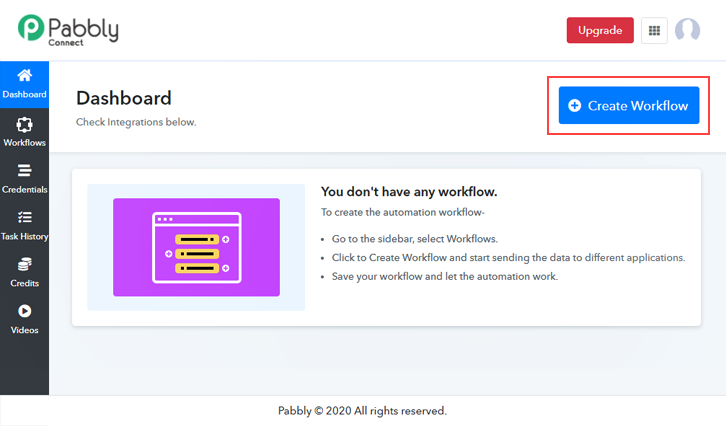
(b) Name the Workflow
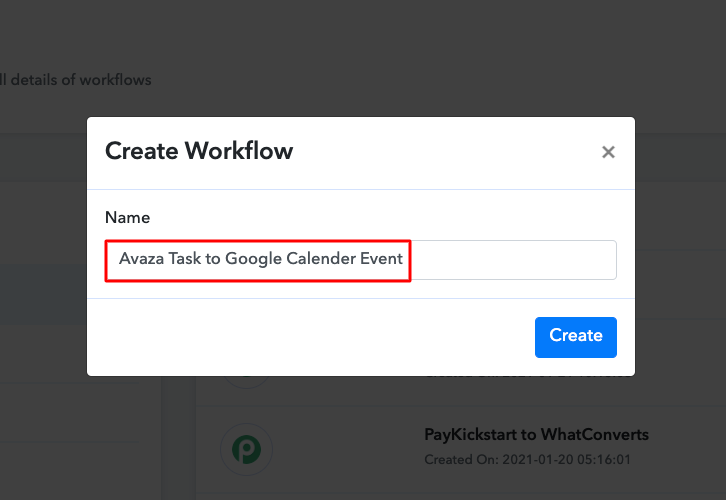
Step 4: Setting Trigger for Avaza to Google Calendar Integration
(a) Select Application you want to integrate
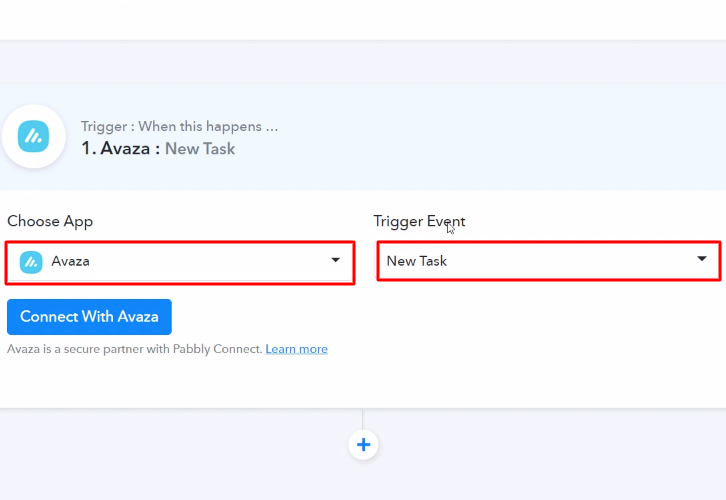
(b) Click Connect Button
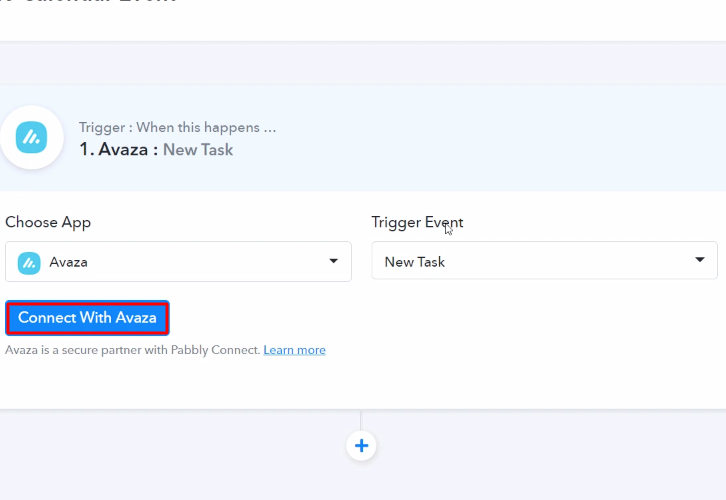
Step 5: Connecting Avaza to Pabbly Connect
(a) Go to Avaza Settings
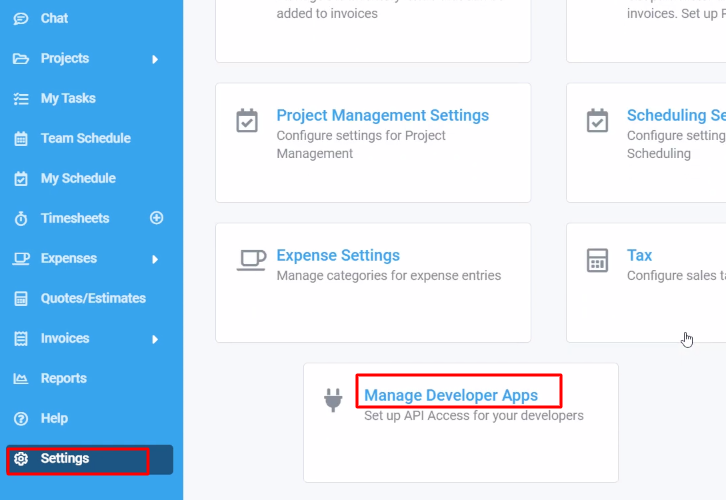
(b) Click on Add Personal Access Token
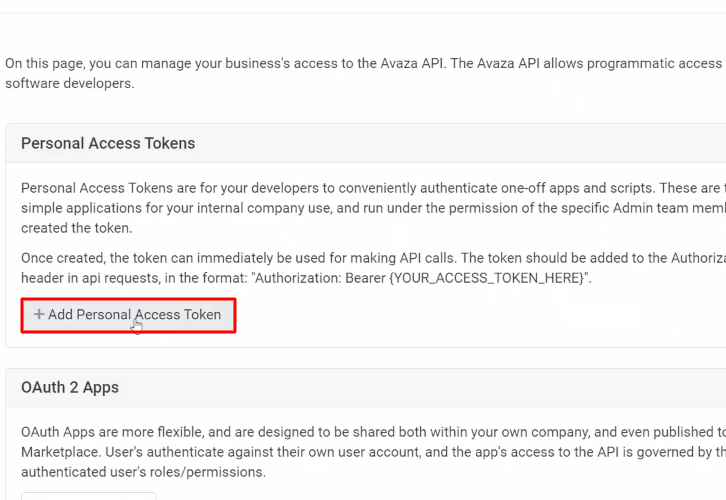
(c) Name your Token
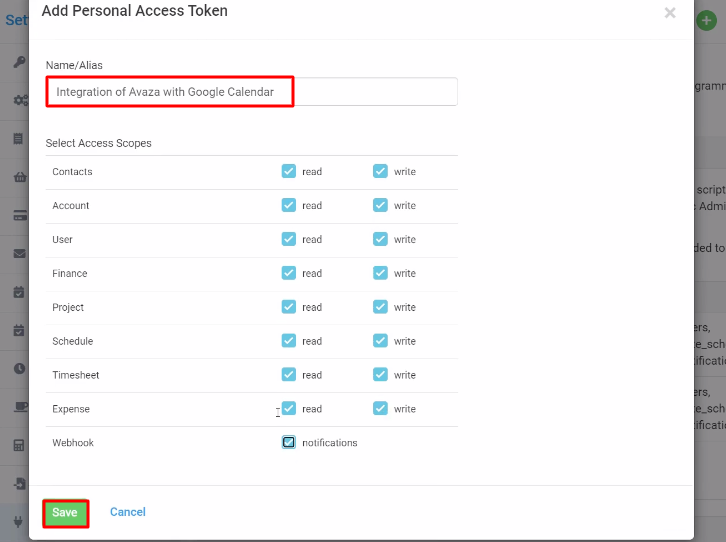
(d) Copy Personal Acess Token
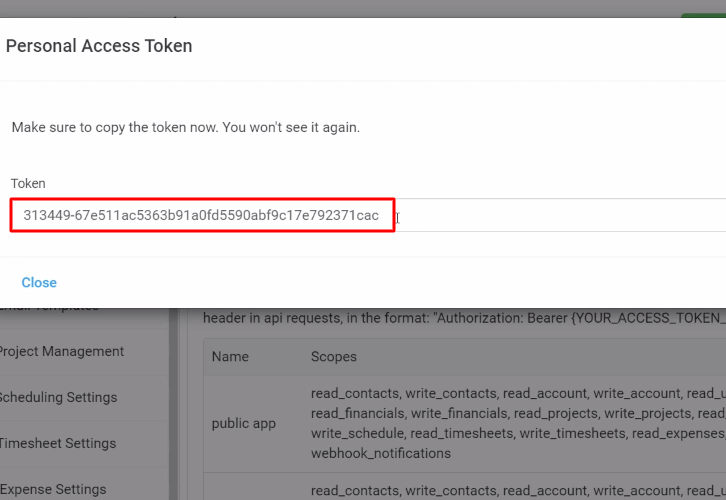
(e) Paste Personal Access Token
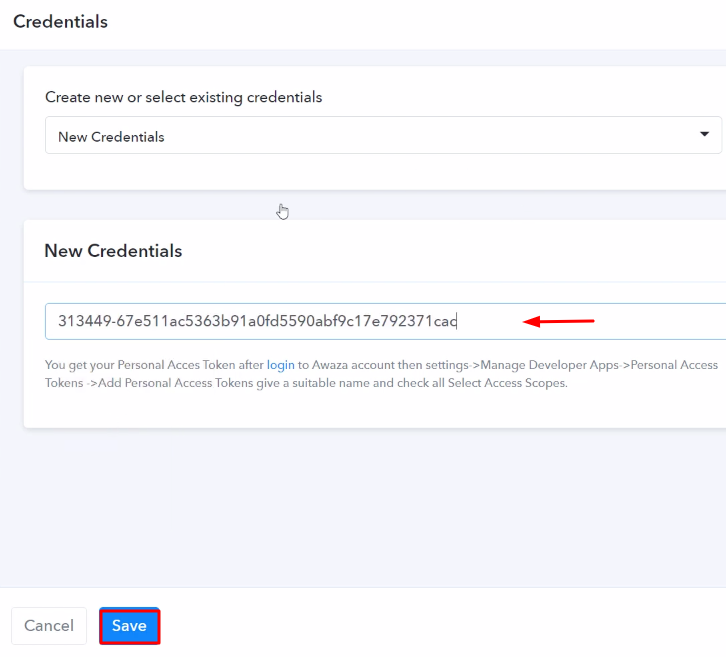
(f) Send Test Request
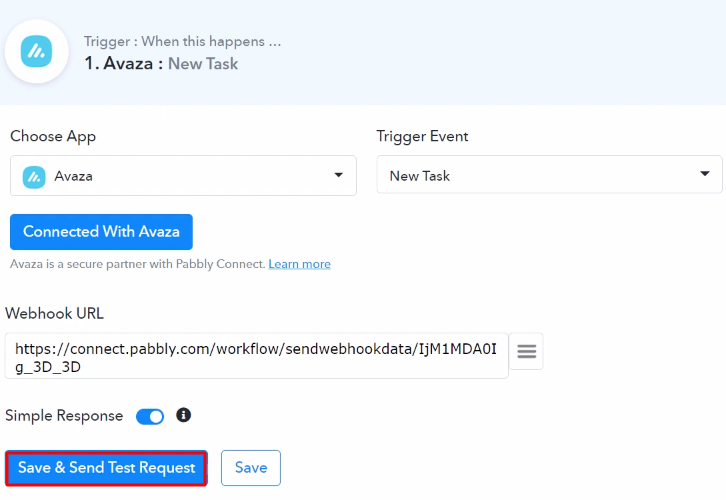
Step 6: Add a Test Task
(a) Click on Projects
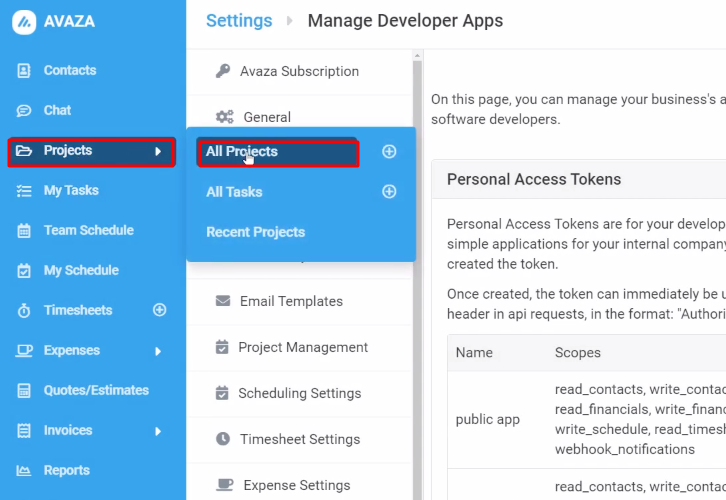
(b) Select Project
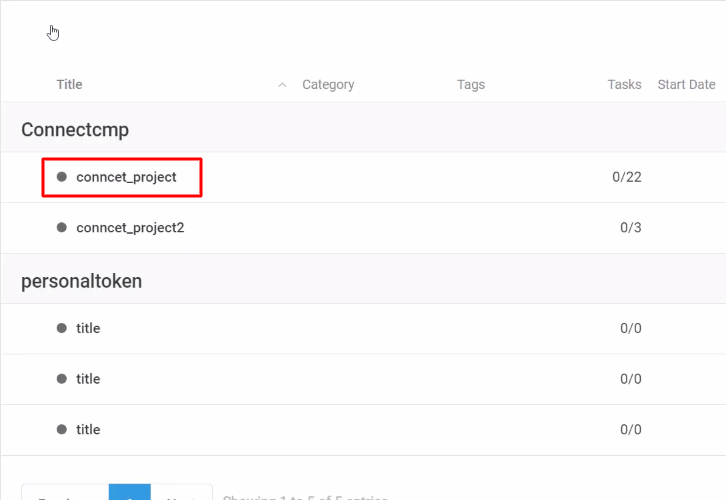
(c) Click on Add Task
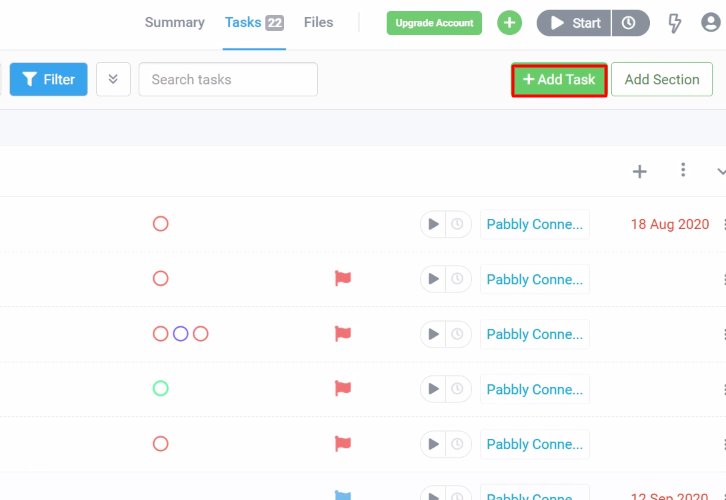
(d) Create Task
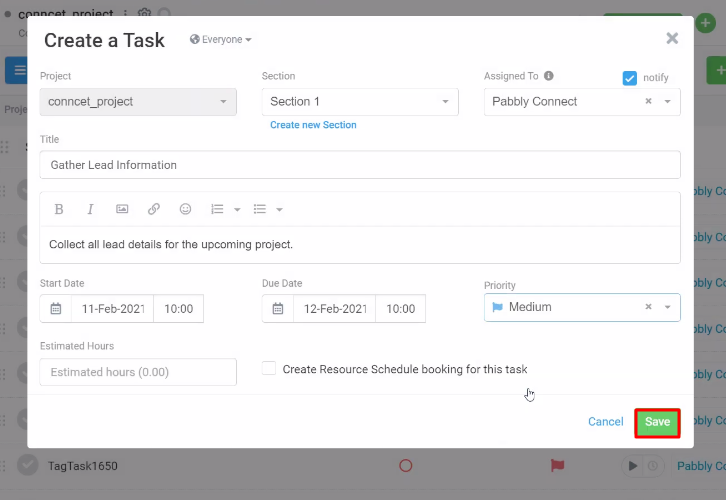
Step 7: Test the Response in Pabbly Connect Dashboard
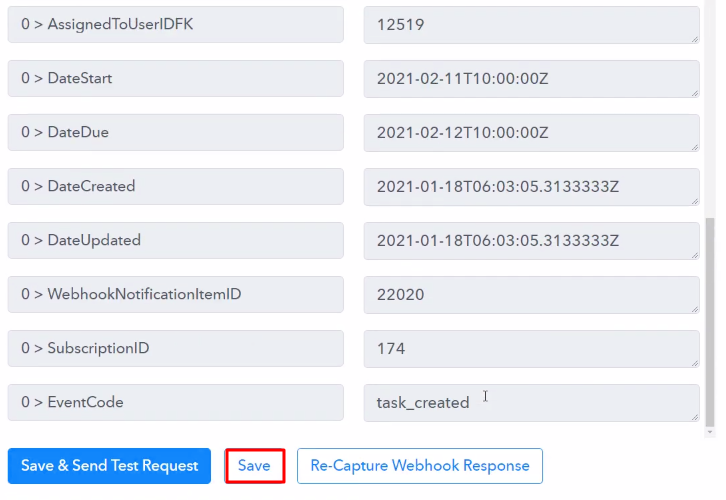
Step 8: Setting Action for Avaza to Google Calendar Integration
(a) Select Application you Want to Integrate
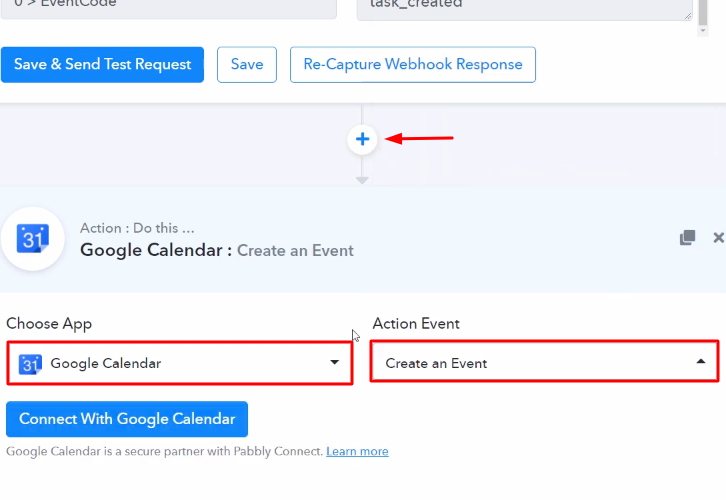
(b) Click the Connect Button
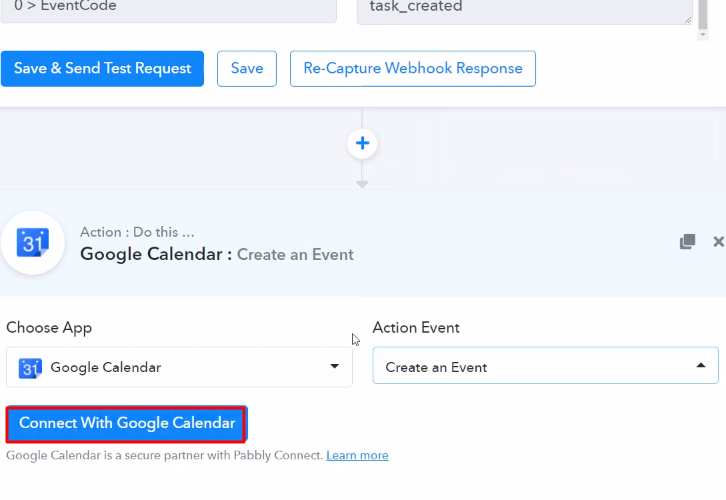
Step 9: Connecting Google Calendar to Pabbly Connect
(a) Authorize Application
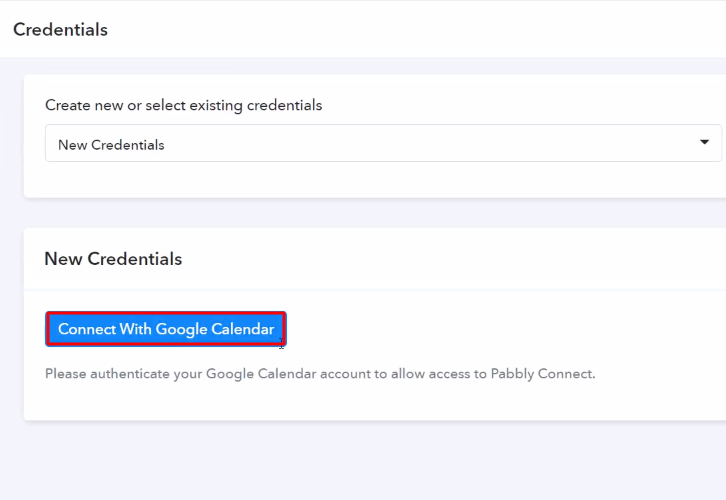
(b) Map the Fields
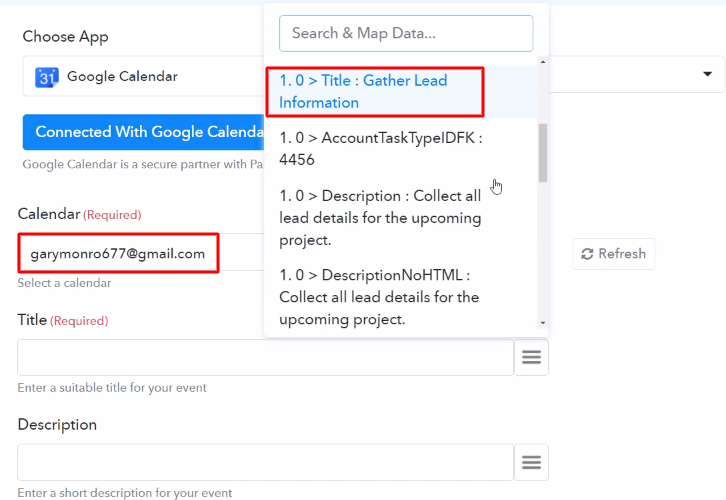
(c) Save and Send Test Request
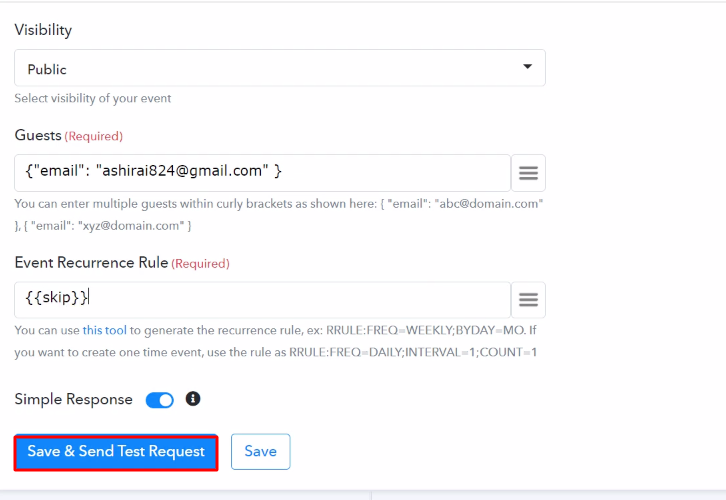
Step 10: Check Response in Google Calendar
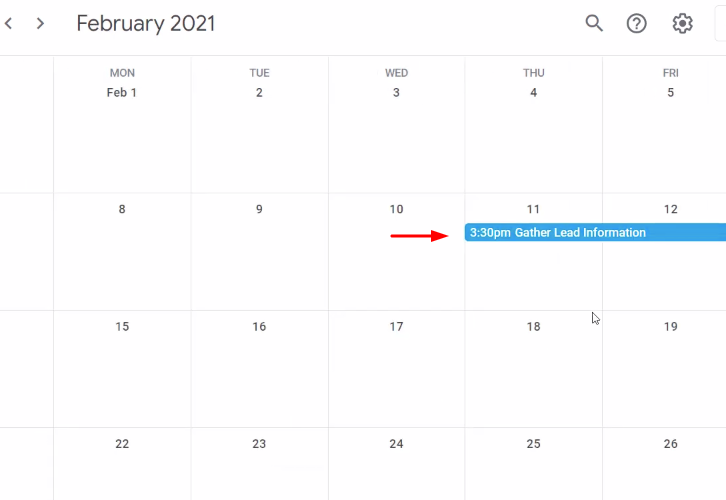
Conclusion –
You May Also Like To Read –





